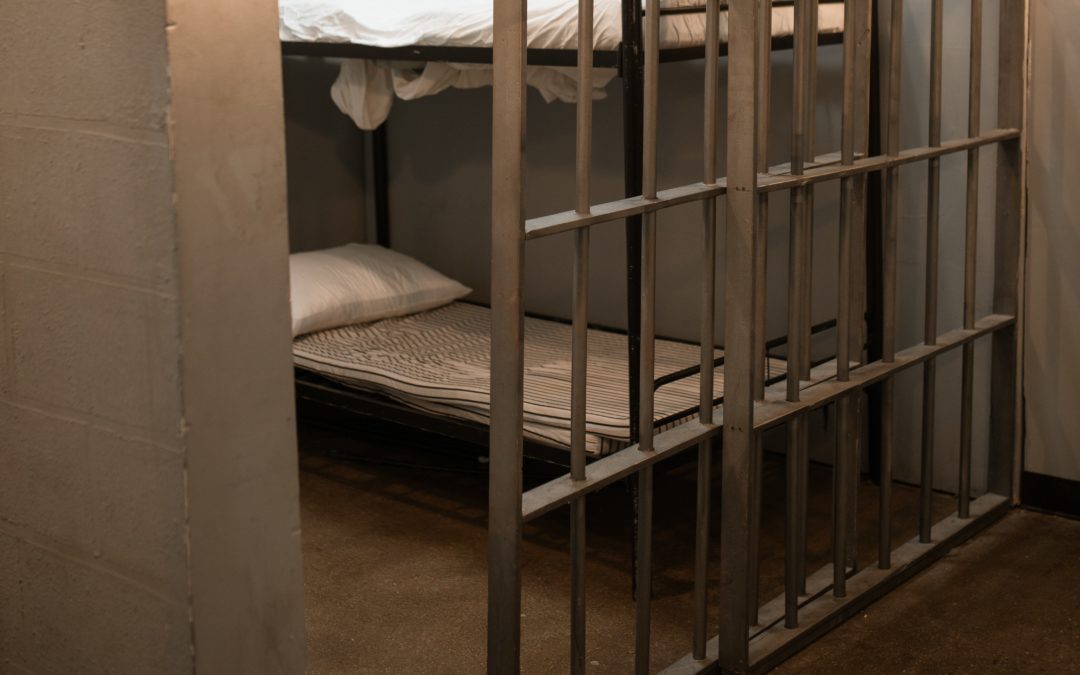Pretrial detention, or keeping a person accused of a crime in jail until their trial, is a common practice throughout the United States. Though the system is portrayed as a way to protect public safety and ensure people show up for their trials, most often it instead simply forces those who cannot afford bail to sit in jail, while those who are able to pay the fine roam free before their court date. In 2020, 74% of people held in jails were not convicted of any crime, nearly half a million people. They simply could not afford to pay their way out.
Pretrial detention, unsurprisingly, has a disparate impact on minority communities. Requiring payment of bail essentially punishes those who cannot afford to pay, thereby punishing the poor. And historically, black and brown defendants are more likely to be detained pretrial than white defendants. Pretrial detainees are also most likely to be convicted, particularly by pleading guilty, as it’s the fastest way out of detention. Criminal defendants in pretrial detention are also most likely to receive harsher sentences.
The system has been broken long before the COVID-19 pandemic. However, since the pandemic began, both physical and mental health within jails has decreased, due to the lack of adequate medical care and a drastic increase in solitary confinement in order to quarantine sick inmates. And that’s only the start. The pandemic has closed courtrooms, postponed trials and grand juries, and restricted access to counsel. People who might have spent months in pretrial detention before the pandemic are now spending years there; and those years are spent in dangerous, bleak conditions. As the Vera Institute for Justice explains, jails, with overcrowding and poor sanitation, “spell disaster during a pandemic.”
Although some local governments have reduced jail populations by releasing detainees, it has not been enough to protect inmates from the spread of COVID-19 within jails. And in some cities, the reductions did not last long: Los Angeles jails, for instance, are now back to capacity, and more than four times as many children from Illinois were detained before, rather than after trials in July 2020, according to a report from the Juvenile Justice Initiative.
In many cities, detainees are fighting back. Multiple class-action lawsuits have been filed alleging that officials running local and federal jails that hold pretrial detainees have mishandled COVID-19 outbreaks. In Baltimore, the outbreak involved led to one third of inmates contracting the virus. In Philadelphia, the outbreak in November led to 171 cases. The St. Clair County jail in Illinois faces a similar lawsuit. The jail, which has capacity for just 418 inmates, currently has a daily average population of 493.
This country’s system of pretrial detention was already destroying American lives every day. No one should be jailed simply because they can’t afford to pay bail. However, since the start of the pandemic, the pretrial detention system has only become more deadly. The failures of local, state, and federal governments in protecting their citizens demonstrate only more starkly the need for radical change.

